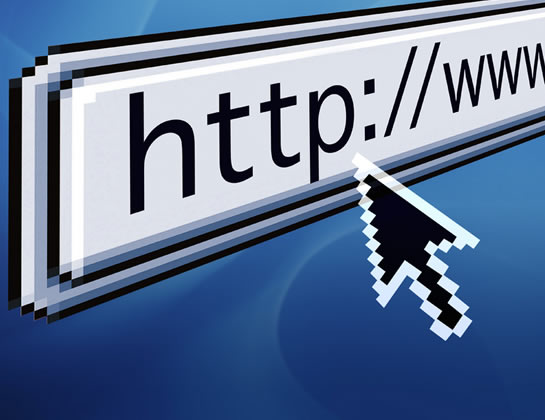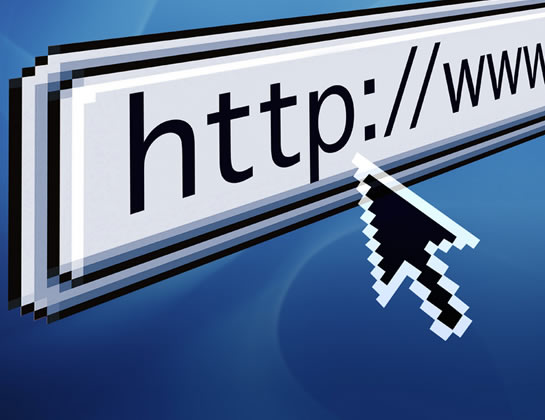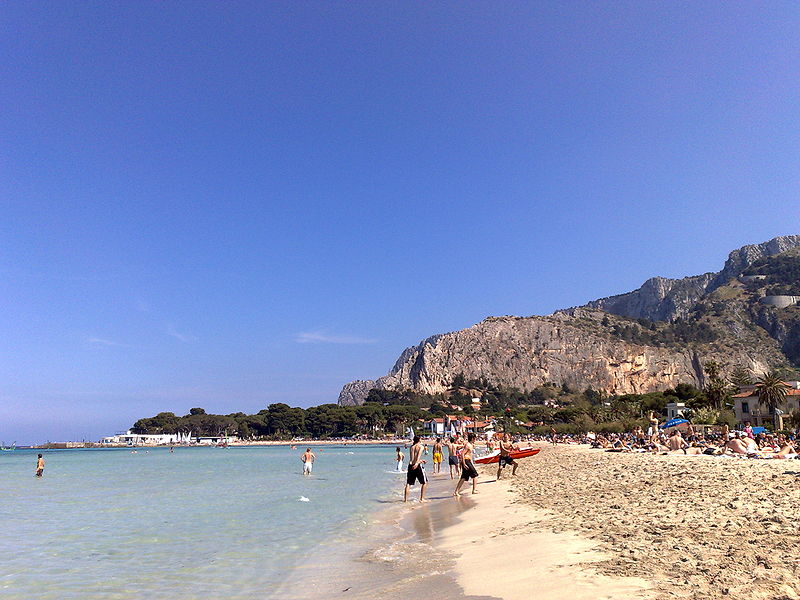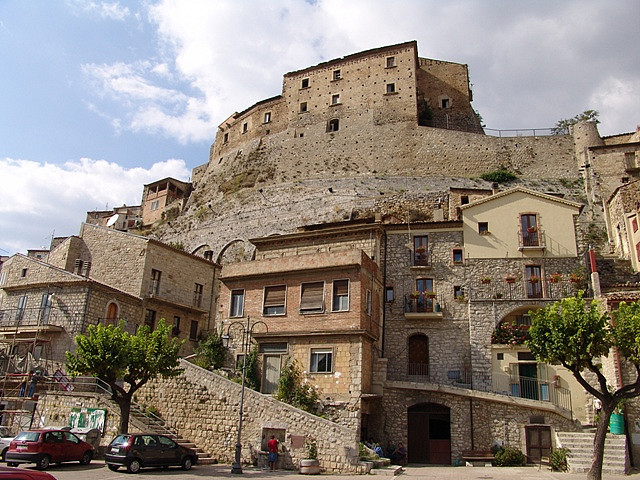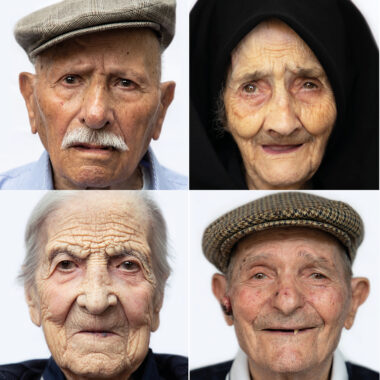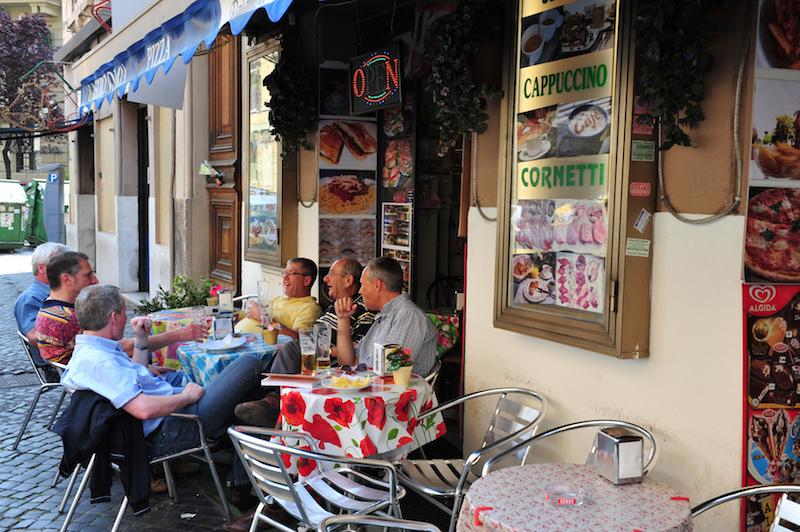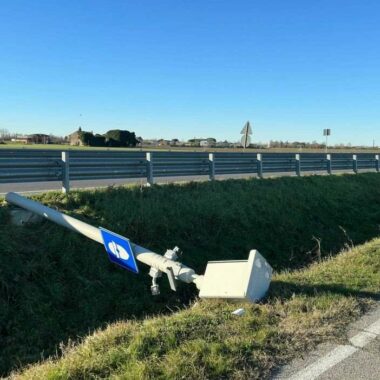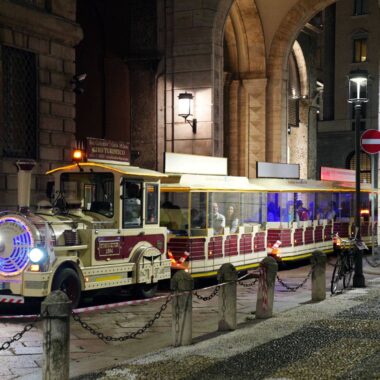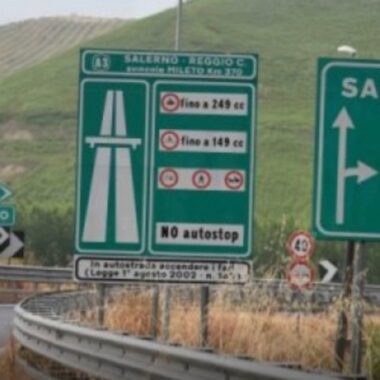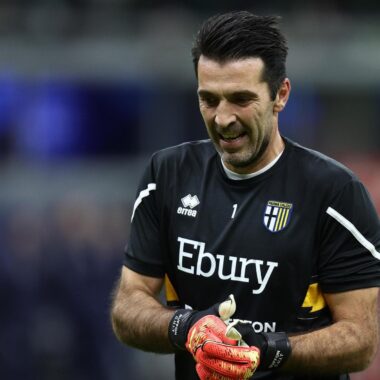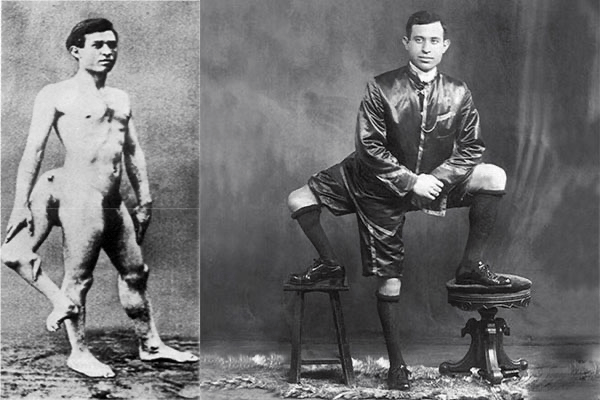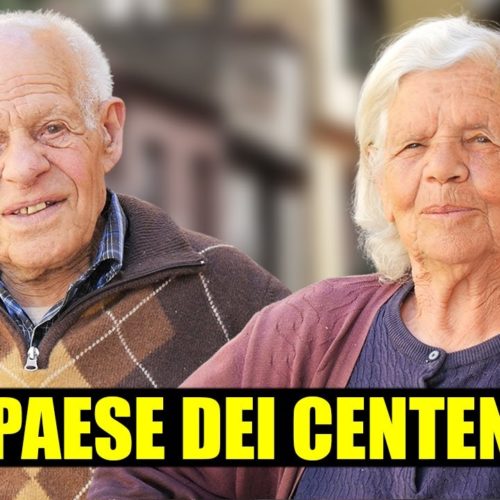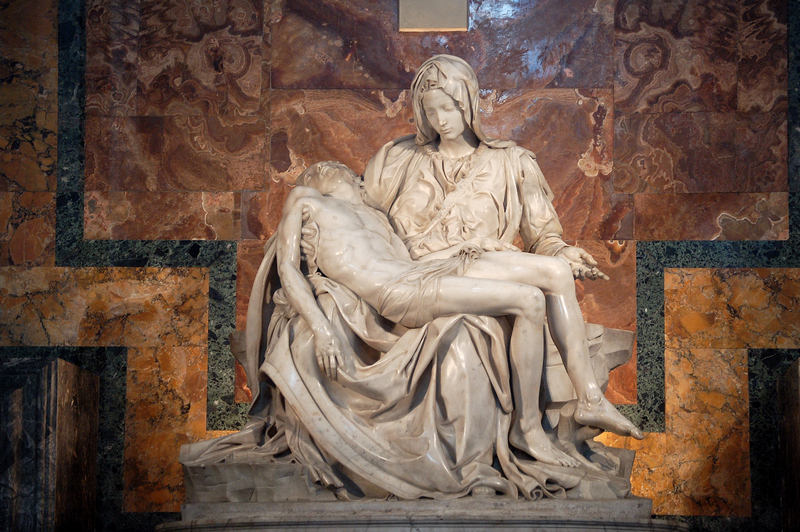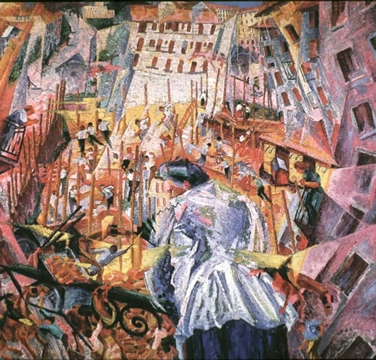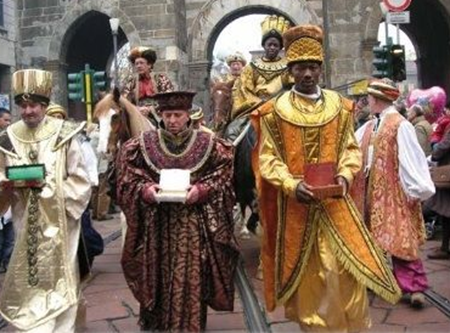Is Free Speech on the Internet Illegal in Italy?
To put it mildly, Italian democracy is highly bureaucratic and perhaps the most recent example of this is the Italian view of freedom of speech and of the press. Laws passed decades ago are now bearing bitter fruit – an unbelievable judicial ruling that in Italy, the Internet may be illegal. Of course, back then, nobody would have expected that technology would allow anyone to become a publisher/author in the form of blogging. With recent actions by a court in Sicily, banning a popular blogger, combined with the Byzantine labyrinth that is the Italian judicial system, events have escalated to a ridiculous level. Italian blogs now face being considered “stampa clandestina” essentially secret newspapers, which are against the law – but how did it get that way?
It all has to do with Italy’s post-war constitution of 1948. Italians are guaranteed freedom of “Communications” under Article 21; however, there are portions that show the anti-fascism climate of the day. For instance, in order to prevent secret publications of propaganda – a favorite tactic of both fascism and communism -all publishers are required to register with the Register of Communications Operators. Although Article 21 protects against censorship and the freedom of expression in writing, anyone caught publishing without registering would be guilty of “stampa clandestina”, faced fines, and possibly prison. At this time, most of the public did not really have to worry about this bit of bureaucracy – if you wanted to publish something, you registered first.
Little did they know that with the arrival of the Internet in the 1990’s that much of the population could now be considered criminals. By 2001, a new law was passed in Italy that governed Internet publishing with the same “stampa clandestina” threat that print media faced. Shortly after the passing of what is known as Law 62, the phenomena known as blogging took off worldwide. With blogs, the Internet had now transformed Italian web surfers into Italian web publishers and authors. Most, if not all of these new online bloggers were essentially breaking the “stampa clandestina” law by publishing what at least one Sicilian judge considers illegal newspapers.
In May of 2008, a Sicilian judge ruled that the blog of a local author named Carlo Ruta was illegally published. Up until this point, no blog had been attacked under the law of “stampa clandestina”, but that may already be starting to change. Even lawmakers that supported the 2001 Law 62 fear what the enforcement of these laws could mean if these laws are enforced to the letter: The Internet may be illegal in Italy.
While there is something to be said about “safety in numbers” – there are just too many “offenders” out there to be hunted down – “stampa clandestina” could pose a threat to any Italian blogger that stands out from the pack. Both Ruta and another possibly banned blogger Antonio Monteleone, seem to have been singled out by their respective local authorities, which could escalate into a blogger witch-hunt. Italian comic and anti-corruption activist Beppe Grillo has stated recently that he may move to Switzerland in order to escape what is being called the “blog-killer law”.
By Justin Demetri
For More Information:
Italian Constitution (English): http://servat.unibe.ch/icl/it00000_.html
Article 21 (Italian):http://www.articolo21.info
ANSA on Beppe Grillo: https://lifeinitaly.com/node/2520
